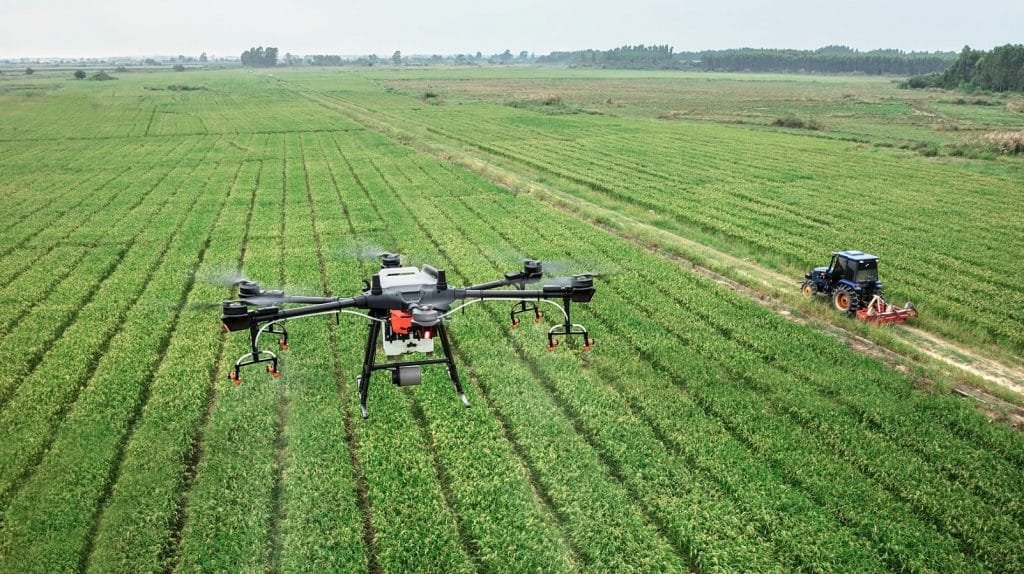By Elias Ngalame
Market access remains a major problem for small-scale farmers in Cameroon. Most of the farmers sell their produce at local markets or through middlemen who often underpay them. But digital platforms that connect farmers directly to buying retailers, exporters or consumers are disrupting traditional distribution channels.
Agritech startups like AgroTech Cameroon have launched online marketplaces, where farmers can list their harvests and receive competitive offers from buyers across Cameroon and beyond. These platforms often incorporate mobile payment solutions, simplifying transactions and ensuring timely payments. E-commerce platforms enable farmers to reach urban consumers, supermarkets and export markets, expanding opportunities for rural entrepreneurs.
Entrepreneurs operating these platforms benefit from transaction fees and service charges, while farmers enjoy better prices and more secure income streams. In Kupemunenguba in the Southwest region, the highest plantain production hotspot in Cameroon, plantain famers using mobile apps to find the nearest markets and buyers have seen their post-harvest losses significantly reduce.
“With our phones we get regular information via SMS on demand and supply needs for plantains in the different markets in the country. This guides us on knowing when to harvest and how quick to get to our customers,” says Eyom Hans, the president of the Kupemuanenguba Plantain Farmers Association. Over the past five years, Cameroon has experienced a surge in agritech startups, driven by mobile phone penetration that exceeds 70 percent as well as growing digital literacy among farmers and entrepreneurs, according
to information from the Ministry of Information Technology. According to recent reports from the Ministry and sector analyses from Disrupt Africa, the government’s commitment to digital transformation, combined with private sector investment and international aid programmes, has fuelled this innovation surge. Startups like AgroTech Cameroon, FarmCrowdy Cameroon and AgroCenta have developed solutions tailored to the country’s specific agricultural needs.
These innovations focus on enhancing crop yields, reducing post-harvest losses, connecting farmers directly to markets and providing access to quality inputs. One of the major hurdles faced by Cameroonian farmers is inefficient supply chains that lead to delays, spoilage and reduced income, said the Southwest delegate for agriculture, Ekume Christopher. “Many farmers lack access to reliable market information, causing them to sell their produce at low prices through middlemen.
But with the coming of these apps that provide real-time information, the situation has greatly improved,” he said. Startups are addressing this by developing mobile-based platforms that provide real-time data on market prices, weather forecasts and best farming practices, he explained. For instance, AgroTech Cameroon’s mobile app allows farmers to update their harvest status and receive alerts about market demands. These solutions enable farmers to plan better, reduce losses, and negotiate fairer prices.
Some startups are employing remote sensing and satellite imagery to provide farmers with localized weather forecasts, helping them plan planting and harvesting schedules more effectively. Additionally, digital logistics platforms
are connecting farmers with transporters and buyers directly. Entrepreneurs involved in this space are creating on-demand transportation services and cold chain solutions to ensure perishable goods reach markets promptly. As a result, farmers experience higher profit margins while entrepreneurs in logistics and transport services are gaining new business opportunities. Some startups are also facilitating access to quality seeds, fertilisers, pesticides, and other inputs by providing real-time information on their availability.
Farmers no longer rely on informal markets with counterfeit or substandard products, which compromise yields, the agriculture delegate said. Agritech startups are creating digital marketplaces where farmers can purchase certified inputs safely and conveniently. Some platforms offer credit or instalment payment options, increasing affordability.
For example, AgroCenta’s mobile platform allows farmers to order inputs, receive delivery and make payments through mobile money, reducing the need for physical visits to suppliers. This digital approach not only benefits farmers but also opens opportunities for local entrepreneurs involved in input distribution, warehousing and logistics. Entrepreneurs can now establish agro-input centres in rural areas, expanding access and creating employment.
Entrepreneurs specialising in these technologies are not only creating hardware and software but also offering training and support to ensure farmers can interpret and act on the data. These innovations foster sustainable, efficient farming practices, vital for increasing food security and farmer incomes.

